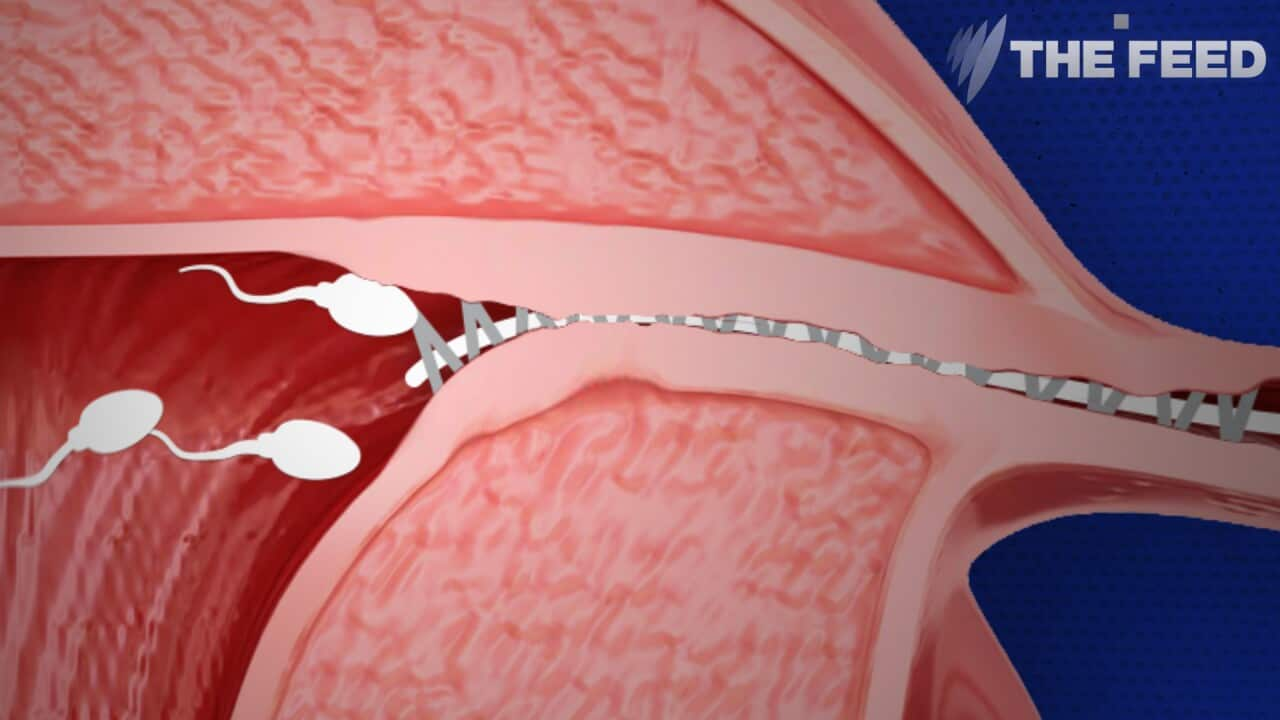Esther is just one of an estimated 3,000 to 5,0000 Australian women who’ve opted for ‘Essure’ - a permanent contraceptive implant.
The procedure involves putting metal coils into a woman’s fallopian tubes. This stimulates scarring, which blocks the tubes and leads to sterilisation. It was billed as the simpler alternative to surgery. But Esther's experience was anything but simple. The coils corroded away inside her. Only after months of pain, Esther eventually had the coils removed.
For Esther and many others, the procedure has left far more scarring than intended.
Dr Emma Bolton discusses permanent and semi-permanent implant options.
Investigations have unearthed a number of complaints about Essure devices. These include the stainless steel exterior corroding and exposing the nickel inside (leading to serious reactions), the device dislocating into the uterus or abdomen and in some cases perforating the uterus.
Now, dozens of victims have come together in a class action suit against Bayer, the pharma giant that makes Essure. Watch the news package at the top of the page for the full story.
What are the alternatives to Essure?
Tubal Ligation (getting your 'tubes tied')
A tubal ligation involves surgery to clamp, block and seal your fallopian tubes. Getting your 'tubes tied' is virtually failsafe protection against falling pregnant. Of course, like any surgery, there is the very small risk of complication. And while a tubal ligation will stop you from getting pregnant, it won’t protect you against STIs, so your sex partner will still need to wear a condom.
Vasectomy (putting the onus on him)
A vasectomy is a quick-and-easy, 99% effective procedure that involves cutting and sealing the vas deferens, the tubes that carry a man’s sperm. A vasectomy won’t affect a man’s sex drive, and he’ll still be able to ejaculate; only his semen won’t contain sperm.
'I WENT TO THE TOILET AND HE JUST CAME OUT': WOMEN WHO DIDN'T KNOW THEY WERE PREGNANT Kinder surprise
Through award winning storytelling, The Feed continues to break new ground with its compelling mix of current affairs, comedy, profiles and investigations. See Different. Know Better. Laugh Harder. Read more about The Feed
Have a story or comment? Contact Us


